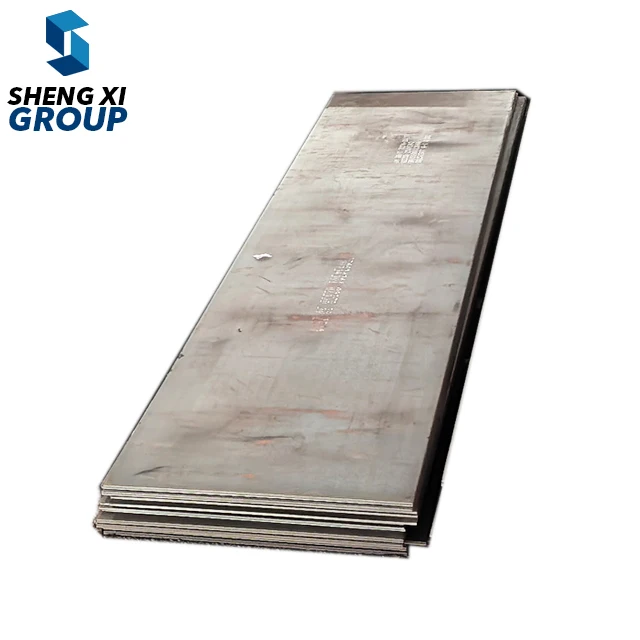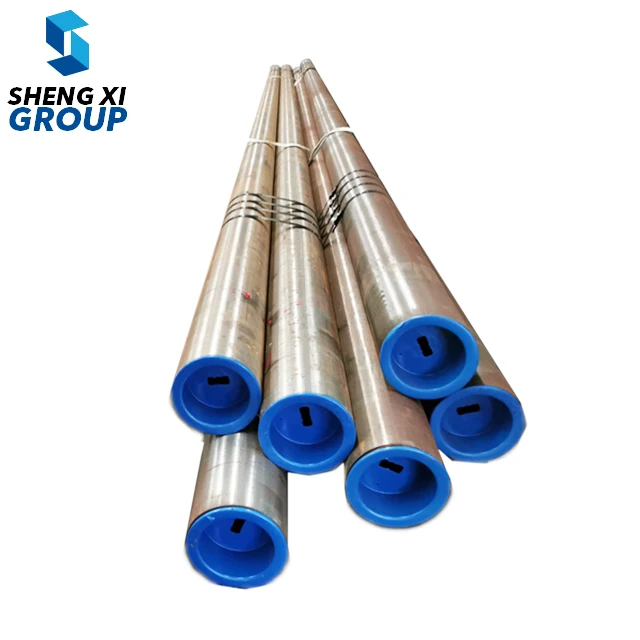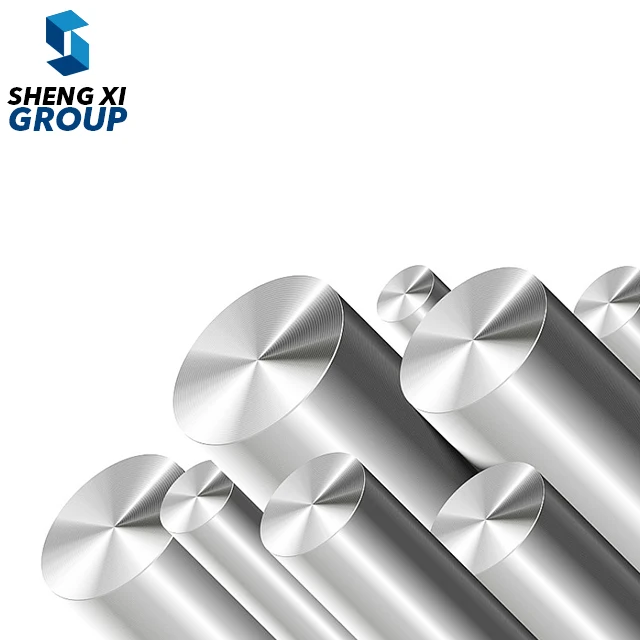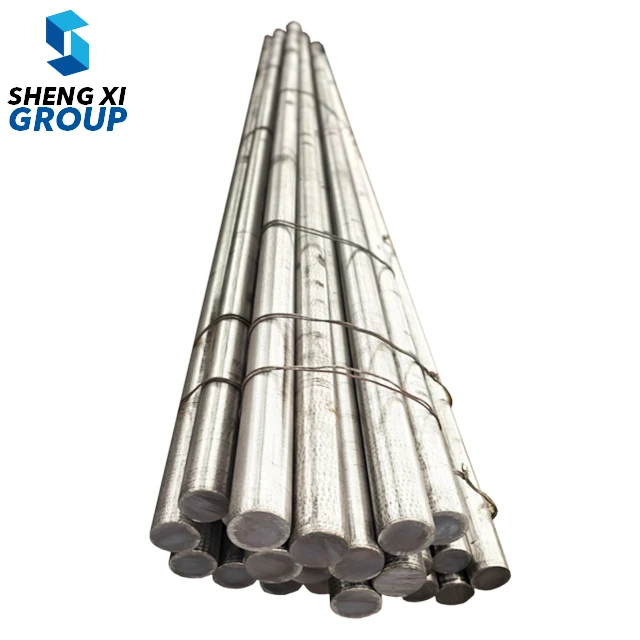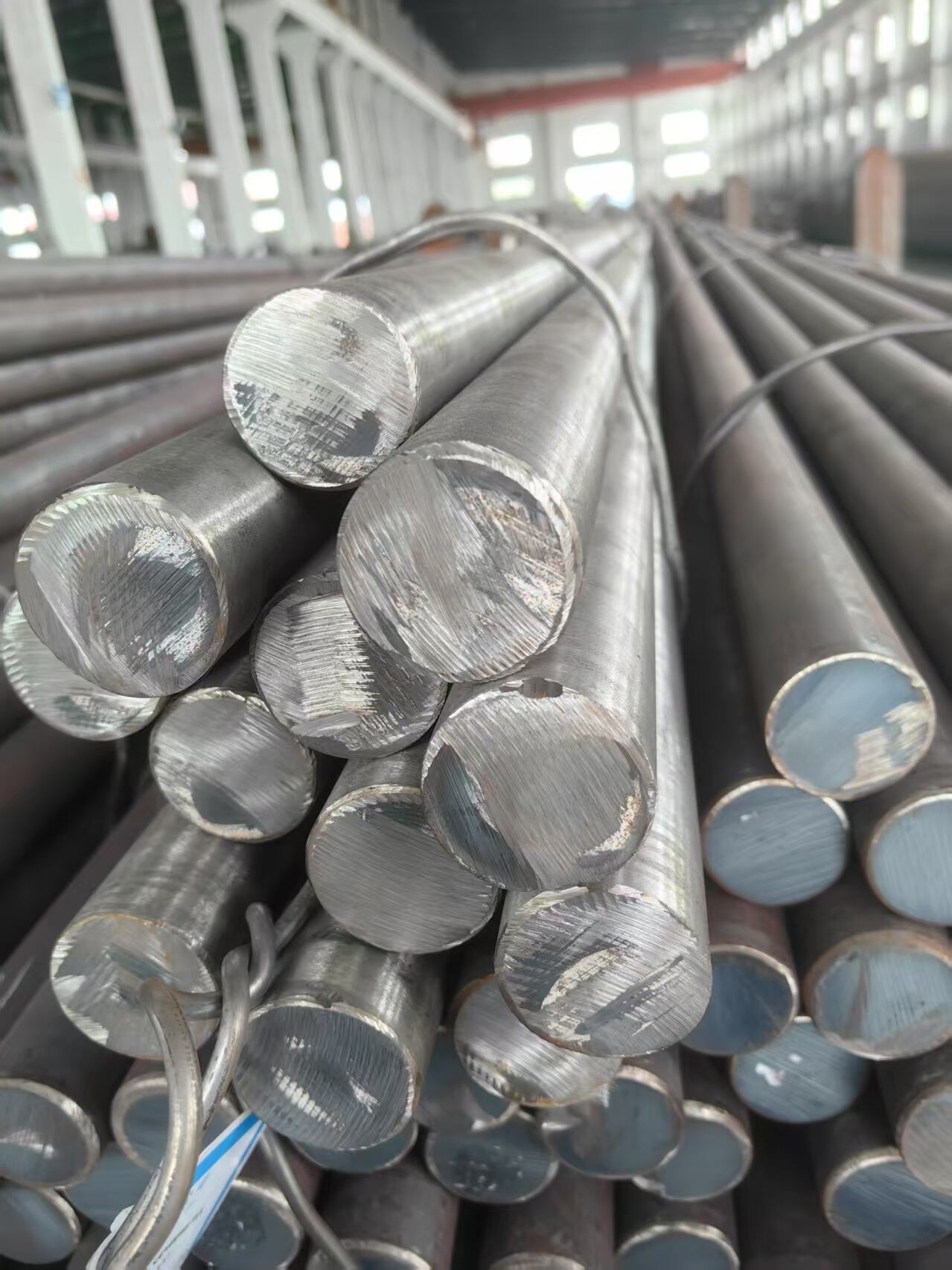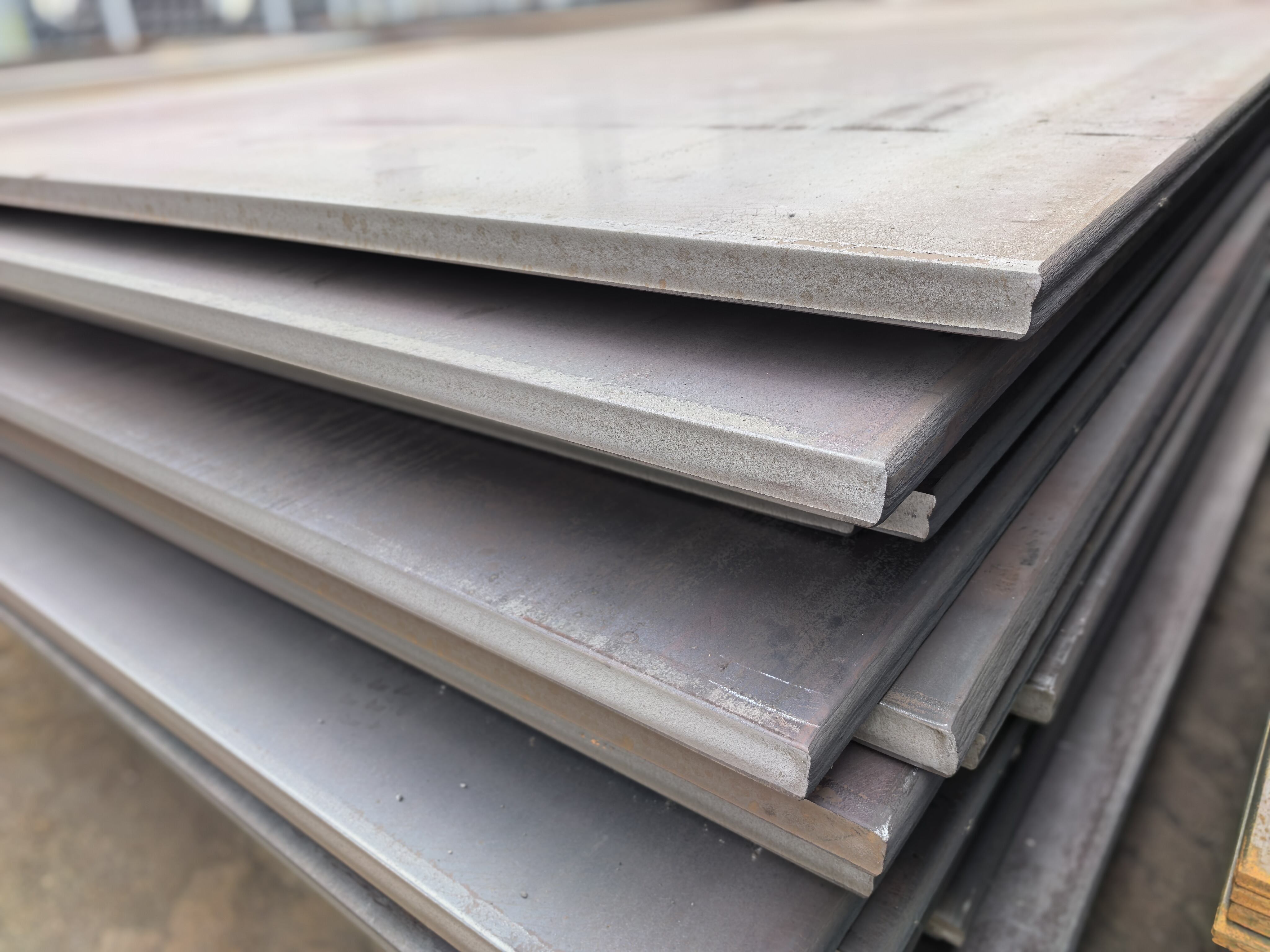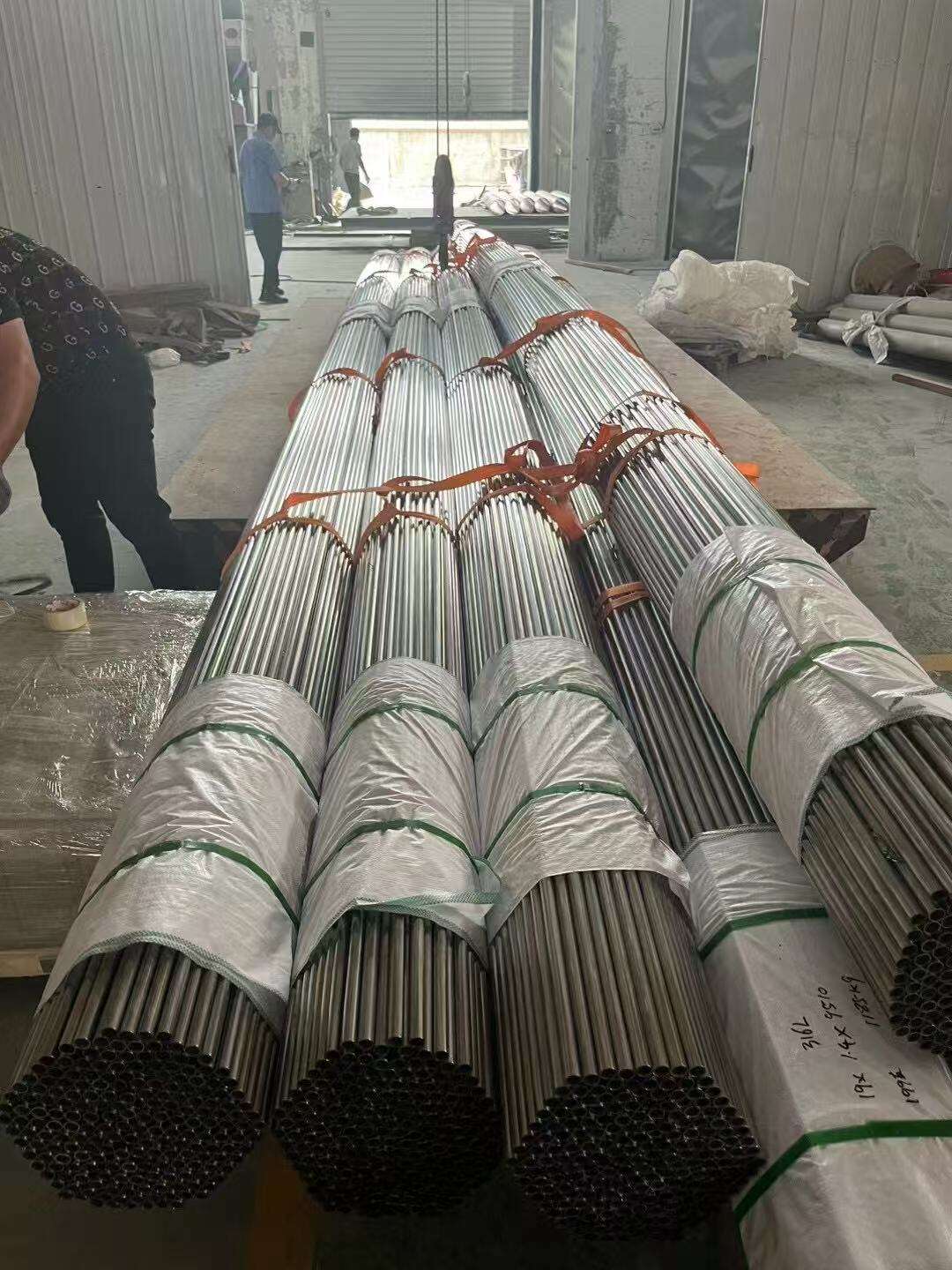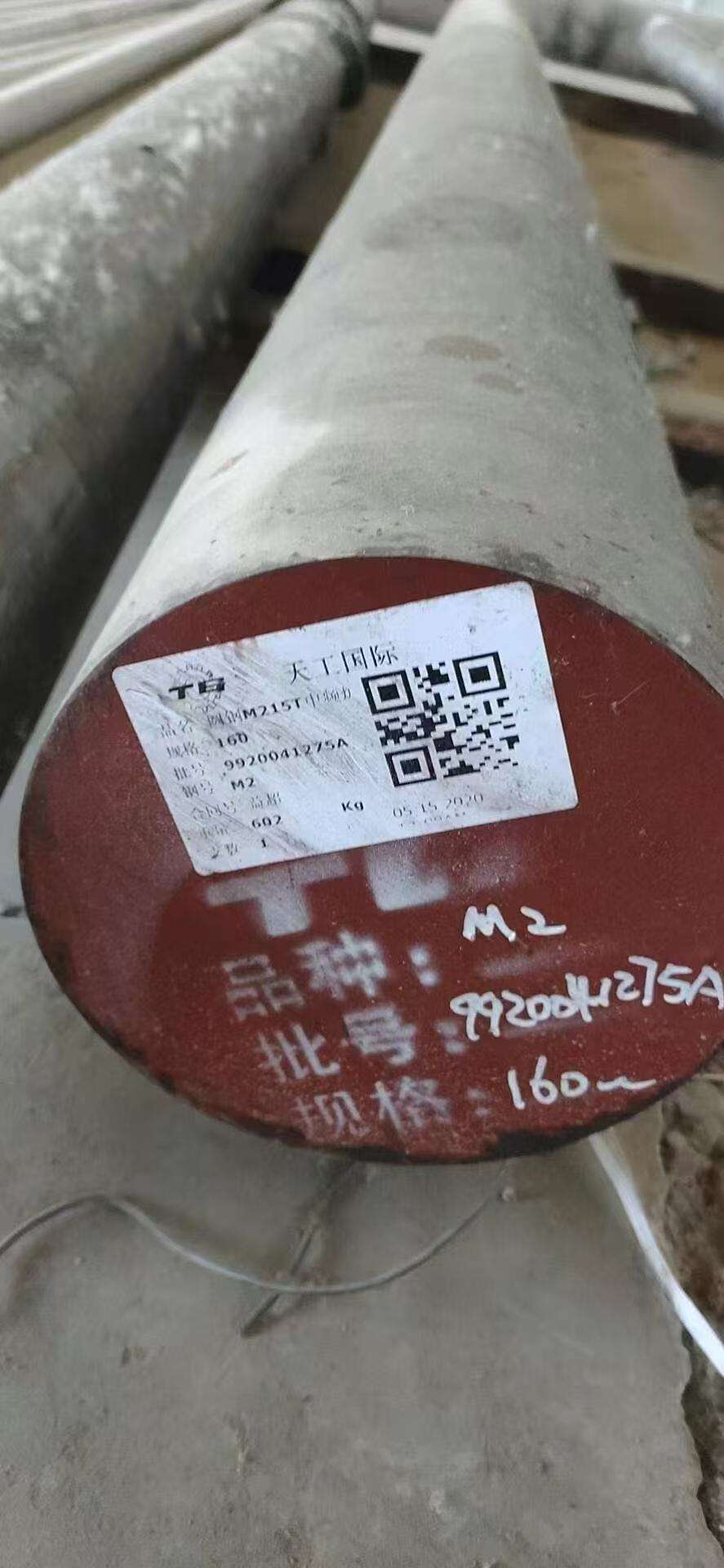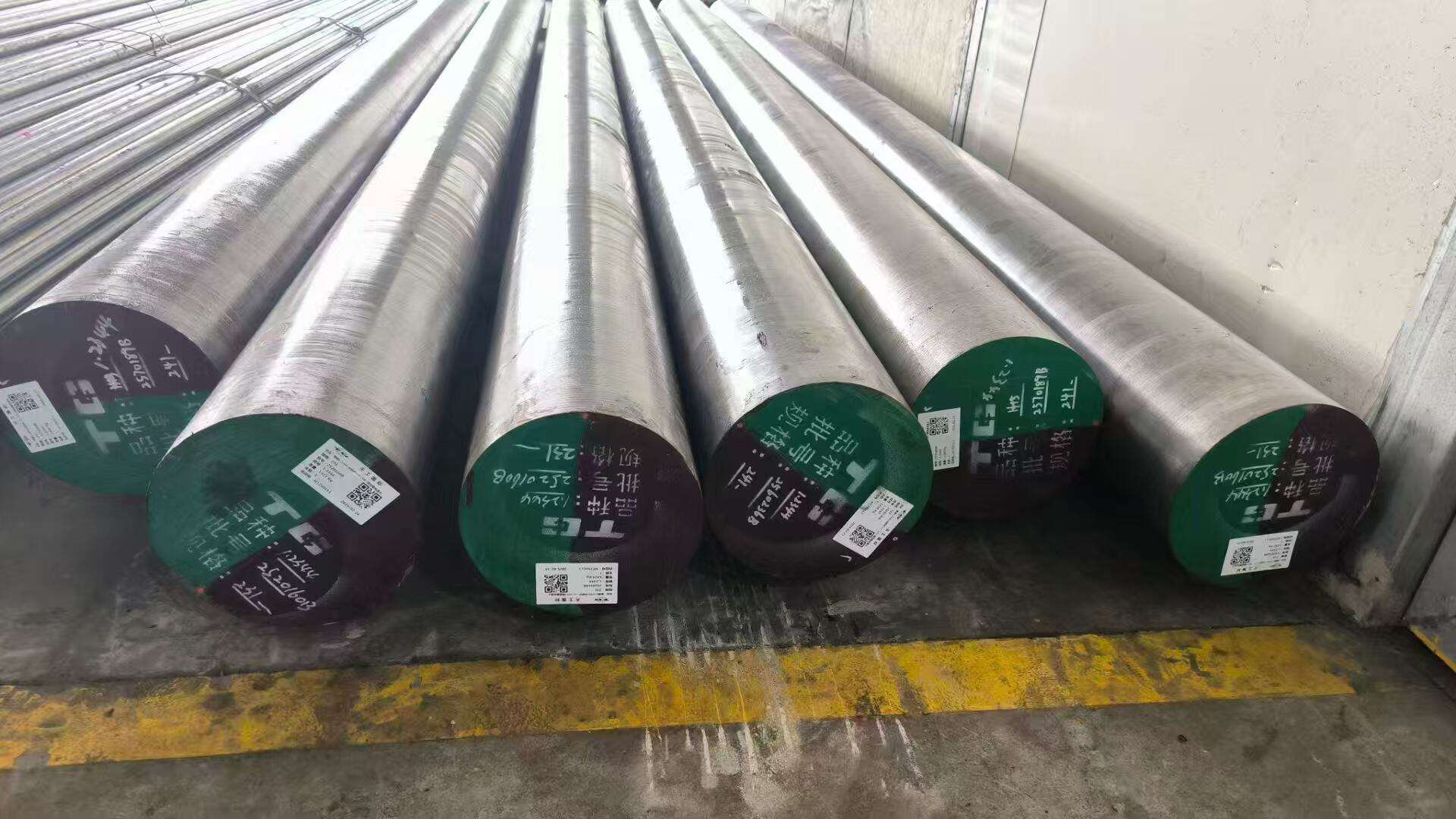Versatile Application Range and Customizable Properties
The remarkable versatility of different types of tool steel provides manufacturers with comprehensive solutions for virtually every industrial application requiring superior material properties. This extensive range encompasses specialized grades optimized for specific operating conditions, from delicate precision work requiring exceptional surface finish to heavy-duty applications demanding maximum impact resistance. Cold work tool steels excel in applications involving room temperature operations such as blanking, piercing, and forming, where dimensional stability and wear resistance take priority over thermal properties. These grades demonstrate excellent hardenability, achieving uniform hardness throughout substantial cross-sections while maintaining fine grain structure essential for superior surface finish. Hot work varieties within the types of tool steel portfolio provide optimal solutions for elevated temperature applications including die casting, forging, and extrusion operations. Shock-resistant grades offer exceptional toughness for applications involving impact loading or vibration, such as pneumatic tools and heavy-duty cutting operations. The availability of water-hardening, oil-hardening, and air-hardening variants allows manufacturers to select optimal heat treatment methods based on part geometry, size constraints, and distortion requirements. This flexibility proves particularly valuable for complex tool geometries where controlled cooling rates prevent cracking and dimensional changes. The broad hardness range achievable across different types of tool steel, typically spanning from 45 to 68 HRC, enables precise matching of material properties to application requirements. Surface treatment compatibility allows for additional property enhancement through processes such as nitriding, coating, or surface hardening, further expanding application possibilities. The machinability characteristics in annealed condition facilitate complex tool manufacturing while ensuring optimal properties after final heat treatment. This versatility reduces inventory requirements as fewer grades can address multiple applications, simplifying procurement and reducing carrying costs. The extensive application range supported by various types of tool steel makes them indispensable across industries including automotive, aerospace, medical devices, electronics, and general manufacturing, providing reliable solutions for diverse operational challenges.

